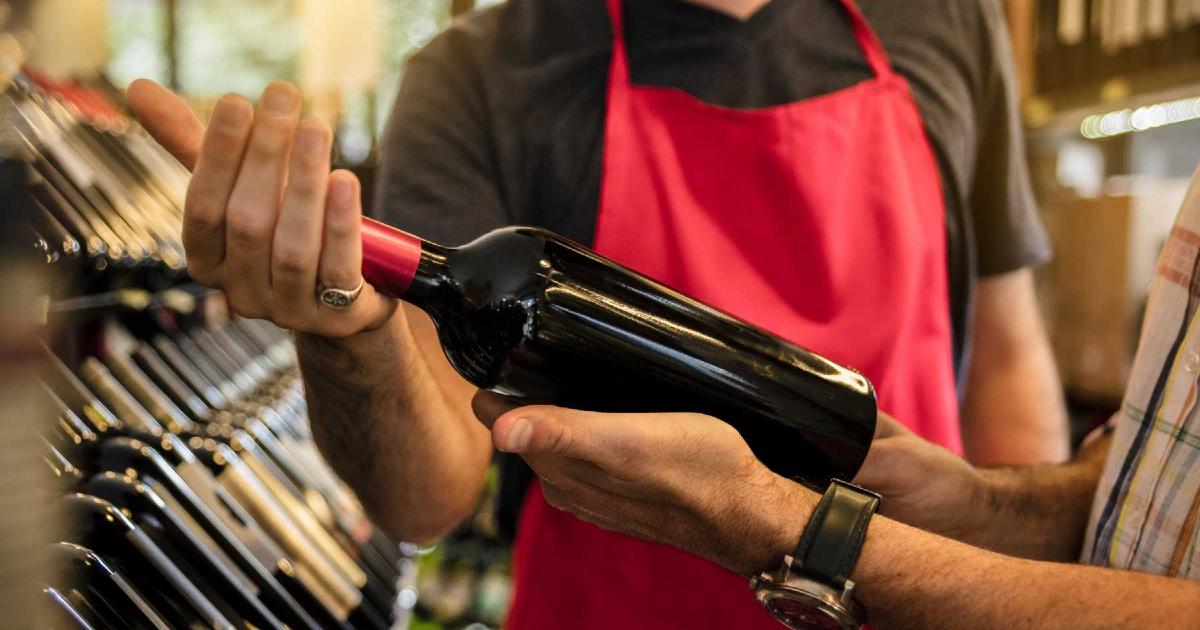Wine is an inexact science requiring knowledge and finesse for successful navigation. Whether you are an established wine connoisseur or just starting in this realm, understanding wholesale versus retail markets is vital to making informed decisions and finding great bargains.
In this article, we’ll investigate wholesale and retail wine markets – their fundamental differences, how best to leverage them, and what characteristics to look out for when purchasing wine. Grab yourself your favorite vintage, and let’s dive in.
Wholesale Wine: An Expanding World of Opportunities
Wholesale wine sells large volumes of wine to businesses or individuals looking to resell it at a profit, usually as part of bulk buying programs. This market provides numerous opportunities for those interested in bulk wine purchases; among its benefits may include the following:
Discount Prices: Bulk wine purchases at homebrewwest.ie may save money as wholesale prices tend to be significantly less expensive than retail ones. Wide Selections: Wholesale wine distributors usually carry a wide variety of wines that don’t make their way onto store shelves as they deal directly with wineries and producers.
Consistency: By purchasing wine wholesale in large volumes from one source, it’s easier to ensure its consistency both in taste and quality. Retail Wine Offers Versatility Retail wine sales refer to selling smaller amounts directly to individual consumers and can offer access to an enormous selection of wines from around the globe.

Some benefits of purchasing wine retail may include:
Convenience: Retail wine purchases offer greater comfort because smaller amounts can be purchased and stored more quickly than large bulk purchases of wine.
Customization: Wine retailers tend to stock an extensive selection of wines, making purchasing an even more tailored and enjoyable experience.
Tasting: Many retailers provide wine-tasting events, allowing you to discover new wines and develop a refined palate.
Optimizing Both Markets
When purchasing wine, it’s crucial that buyers fully comprehend both wholesale and retail markets’ advantages and limitations in order to take full advantage of both. To do this successfully, one needs:
Know Your Wine Needs: Establishing what type and amount of wines are most interesting can help narrow your market selection process. Compare Prices And Selection Before Committing
Establish Relationships: Solid relationships with distributors and retailers will enable you to get better deals and limited-access wines.
What to Consider When Buying Wine
As with any purchase of wine, whether wholesale or retail, key aspects to keep an eye out for when purchasing wine include:
Vintages: For optimal wines in terms of both taste and quality, selecting wines with excellent vintages is critical.
Producer: Learning more about a wine producer gives an insider insight into its quality and taste – be sure to research before purchasing!
Region: Wine production regions can profoundly influence its taste and character; therefore, it’s wise to seek wines produced in areas known for producing wines of interest to you.
Conclusion Navigating wholesale and retail wine sales can be challenging, yet with knowledge and finesse, you can do so successfully. Understanding both markets’ benefits and drawbacks; shopping around to build relationships; knowing what qualities make for good buys when purchasing wine; and learning the latest wine releases are critical in finding great bargains and discovering new wines. So whether you are a newcomer or an experienced wine expert alike – let the art of wine guide your journey and help you find great wines to discover.

